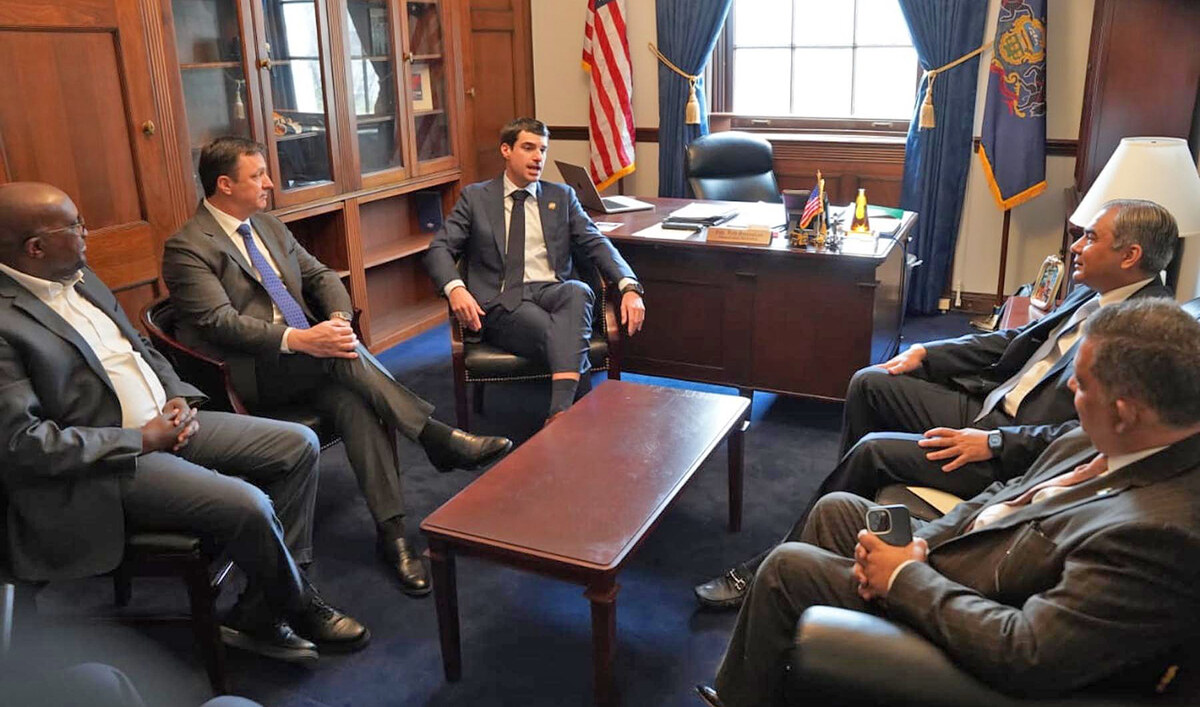KARACHI: Global financial watchdog Financial Action Task Force (FATF) said Friday Pakistan had only made “limited progress” on an action plan to curb terrorism financing and money laundering and urged it to take at least ten necessary actions by May to avoid being placed on a blacklist.
Pakistan was included in a terror financing gray list last June after it failed to persuade the Paris-based FATF to keep it off a list of nations with inadequate controls to prevent terror financing and money laundering. The task force will make a final decision this year on removing Pakistan from its gray list, including it in its blacklist or excluding it altogether.
Being added to the watchlist makes it harder for governments to access international markets and attracts added scrutiny from regulators and financial institutions, adding obstacles to trade and investment.
“Given the limited progress on action plan items due in January 2019, the FATF urges Pakistan to swiftly complete its action plan, particularly those with timelines of May 2019.” the task force said in a statement.
Pakistan’s finance ministry said on Friday that FATF had advised Pakistan to take further actions that included a detailed assessment of the terror financing risk, strengthening of Anti-Money Laundering/Combating Financing of Terrorism (AML/CFT) supervisory measures by regulatory authorities, undertaking financial inquiries and investigations into terrorist funding activities and raising awareness among citizens about counter-terror financing measures and controls.
“The FATF will undertake the next review of Pakistan’s progress in June 2019 which will be preceded by Face-to-Face meeting with the Joint Group in May 2019,” the finance ministry said.
In its statement, the task force acknowledged that Pakistan had taken some steps towards improving its AML/CFT regime, “including by operationalising the integrated database for its currency declaration regime.”
However, it said that Pakistan did not “demonstrate a proper understanding” of the terror financing risks posed by a number of groups that operated in Pakistan, including Daesh, Al Qaeda, Jamaat-ud-Dawa, Lashkar-e-Taiba, Falah-e-Insaniat Foundation, Jaish-e-Mohammed, the Haqqani Network as well as individuals affiliated with the Taliban insurgency.
The task force outlined ten steps that Pakistan needed to “swiftly” taken to address its strategic counter-terrorist financing-related deficiencies, particularly those with timelines of May 2019. These include:
(1) Adequately demonstrating its proper understanding of the TF [terror financing] risks posed by the terrorist groups above, and conducting supervision on a risk-sensitive basis.
(2) Demonstrating that remedial actions and sanctions are applied in cases of AML/CFT violations, and that these actions have an effect on AML/CFT compliance by financial institutions.
(3) Demonstrating that competent authorities are cooperating and taking action to identify and take enforcement action against illegal money or value transfer services (MVTS).
(4) Demonstrating that authorities are identifying cash couriers and enforcing controls on illicit movement of currency and understanding the risk of cash couriers being used for TF.
(5) Improving inter-agency coordination including between provincial and federal authorities on combating TF risks.
(6) demonstrating that law enforcement agencies (LEAs) are identifying and investigating the widest range of TF activity and that TF investigations and prosecutions target designated persons and entities, and persons and entities acting on behalf or at the direction of the designated persons or entities.
(7) Demonstrating that TF prosecutions result in effective, proportionate and dissuasive sanctions and enhancing the capacity and support for prosecutors and the judiciary.
(8) demonstrating effective implementation of targeted financial sanctions (supported by a comprehensive legal obligation) against all 1267 and 1373 designated terrorists and those acting for or on their behalf, including preventing the raising and moving of funds, identifying and freezing assets (movable and immovable), and prohibiting access to funds and financial services.
(9) Demonstrating enforcement against TFS violations including administrative and criminal penalties and provincial and federal authorities cooperating on enforcement cases;
(10) Demonstrating that facilities and services owned or controlled by designated person are deprived of their resources and the usage of the resources.






















